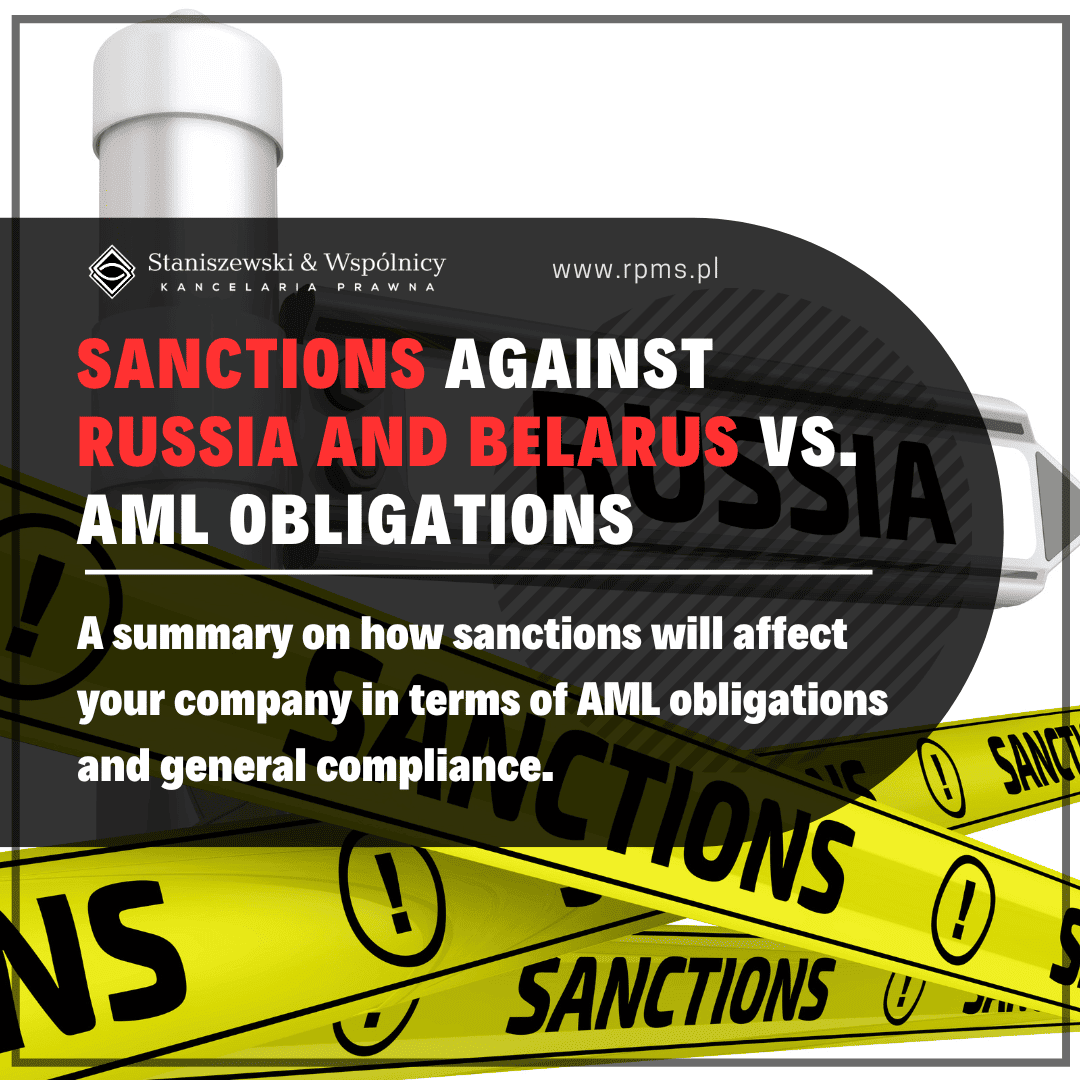Table of contents
The ‘R’ symbol (®) is widely recognizable and often displayed alongside names of famous and large-scale brands. It evokes positive associations, creating an impression of originality and high quality. For this reason, even small and medium-sized businesses are eager to utilize it.
However, not everyone is aware of the consequences of illegally using the ‘R’ symbol with their name – even on platforms like Facebook or on simple flyers. This is a mistake that can result in financial consequences. Under what circumstances would adding this symbol to a name or logo be entirely legal then? We’re unraveling that secret below.
The ‘R’ symbol (®) – exclusively registered trade marks

The ‘R’ enclosed in a circle (®), commonly recognized symbol associated with confirming the authenticity of a brand, product, or service. Others may believe it symbolizes copyright protection. In this latter assertion, there is some truth, as the ‘R’ comes from the word “registered.” It can only be used with words, phrases, or logos reserved as trade marks. They become the property of the business that registered them. Only they can use them or grant licenses for their use. Trade mark protection lasts for ten years, but it can be continuously renewed.
Only patterns and words that do not conflict with already registered ones are safeguarded. Furthermore, they must have a distinctive character, meaning they cannot be descriptive and unambiguous for a specific industry (e.g. as with ‘Delicious Bun’ for a bakery). Registration can cover Poland, the European Union, or selected countries worldwide. The choice depends on the territory on which the particular business operates – and of course, the scope of those operations. In summary, the ‘R’ is an international symbol for protected trade marks. No one can use names and graphics with this symbol without the owner’s permission.
What are the risks of using ® without permission in Poland?
Using the ‘R’ symbol without permission, meaning without a protection certificate issued by the Polish Patent Office, is against the law. Such actions are misleading to customers. Imagine a situation where a lesser-known company uses a similar name and visual identity to a more prominent, well-known brand. If they are very similar and offer a similar or the same product or service, consumers might confuse one company with the other. The losses will be incurred by the famous brand that has built its reputation over the years.
However, if the brand registers its trade marks, it can demand that competitors cease such actions and even pay compensation. Moreover, the presence of the ‘R’ symbol with the name or logo allows it to avoid such situations in the future. The symbol immediately informs other entrepreneurs and consumers that the brand is protected.
Therefore, adding this symbol to unregistered names and marks is fraudulent and a violation of the law. Such actions can be reported to the police. Suppose someone discovers that a company is using the ‘R’ symbol with an unregistered trade mark, such as on a fan page, poster, Google Ads advertisement, or paper flyer. In that case, they can inform the authorities personally or anonymously.

Consequences of using the ® symbol illegally in Poland

What are the consequences of unlawfully using the R with a logo/brand? According to Article 308 of the Act of 30 June 2000 on Industrial Property Law a fine is imposed on the entrepreneur. Anyone (e.g., vigilant competition) can report a trade mark for verification by the police. Certainly, it’s not a game worth the candle, whether it concerns online or outdoor activities. Moreover, the ‘R’ symbol cannot be used right after submitting an application for verification. One must wait until the appropriate Patent Office decides to grant protection.
Conclusions:
Entrepreneurs who have not secured their brand rights cannot use the ‘R’ designation with their name or logo;
They cannot do so even if they have already submitted an application but the Office has not yet issued the appropriate decision;
Using the ‘R’ without a protection certificate carries a fine;
Violations in this regard can be reported to the police personally or anonymously.
The ® symbol vs. “TM.”
In addition to the ® mark, another symbol is often encountered – TM. The main difference between these two designations is that TM stands for trade mark, which does not necessarily have to be registered (unlike the ®), only registered.

How to register a trade mark in Poland?

A trade mark can be registered both in the Polish Patent Office (PPO) and in the European Union Intellectual Property Office (EUIPO).
First, it is necessary to verify whether a similar designation has already been registered.
The next step is to submit an application to the relevant office. The application should contain at least: the applicant’s identification, the mark subject to the application, and the goods and/or services for which the mark is intended.
Then, the application is examined for formal and legal compliance and absolute grounds for refusing protection. If the Office determines that such grounds exist, it will issue a refusal decision and will not grant protection for the entire or part of the requested scope.
If no absolute obstacles prevent the registration of the trademark, information about the submitted trade mark will be published in the Bulletin of the Polish Patent Office.
How much does trade mark registration cost in Poland?
The official costs of trade mark registration in Poland are as follows:
450 PLN – trade mark application in 1 class of the Nice Classification;
120 PLN – trade mark application for each subsequent class of the Nice Classification;
400 PLN – extending protection to each subsequent class for a period of 10 years;
90 PLN – the cost of publishing information about the reserved trade mark. These amounts are official fees, to which attorney’s fees are added if registering a mark through a representative. The costs differ on the European level.
For more information about costs, including EU-wide registration costs, please contact us.

FAQ
As a rule, entrepreneurs are not obliged to register trade marks. However, there is no doubt that intellectual property rights can be valuable, so in each case, acquiring this type of protection should be considered – entrepreneurs can benefit from it in many aspects of their operations.
Preparing the registration process requires checking several circumstances. Firstly, the entrepreneur must verify whether their mark meets the conditions of the Industrial Property Law. Secondly, it should be checked whether a similar mark has already been registered. An attorney can assist a business in both tasks.
Proper and effective trade mark reservation is crucial. Similar to the above-described process, an entrepreneur can be assisted in the registration procedure by representation from professionals such as attorneys or legal advisors. Entrusting trade mark registration to a professional can prevent many problems.














